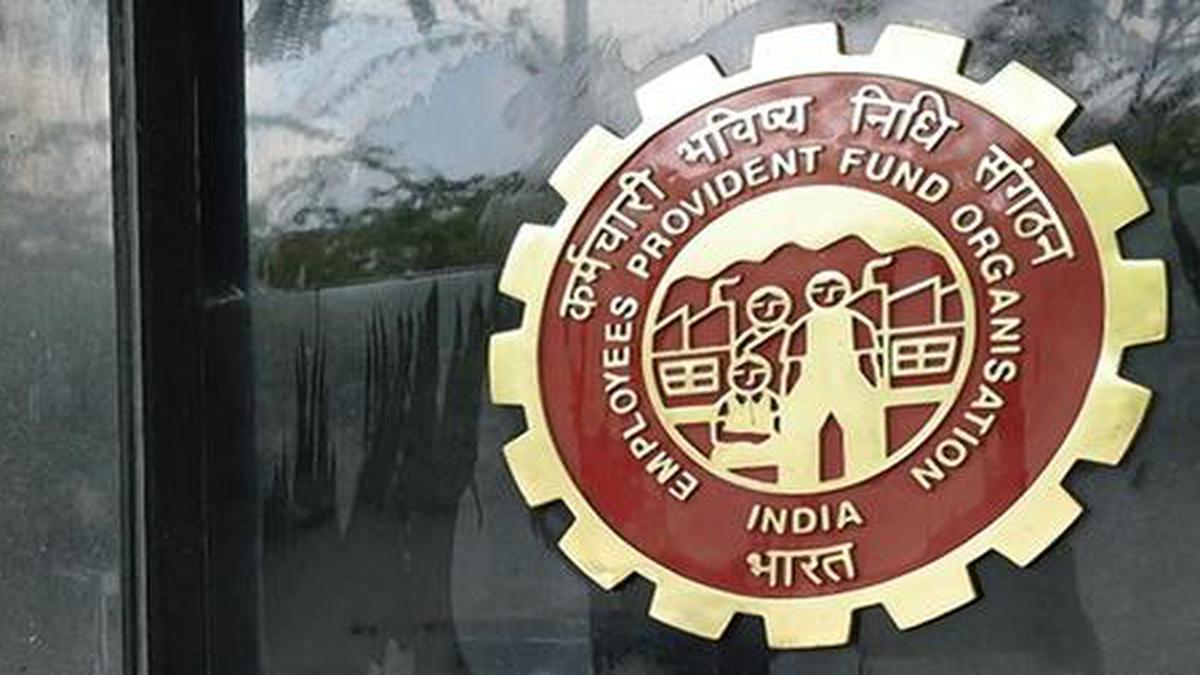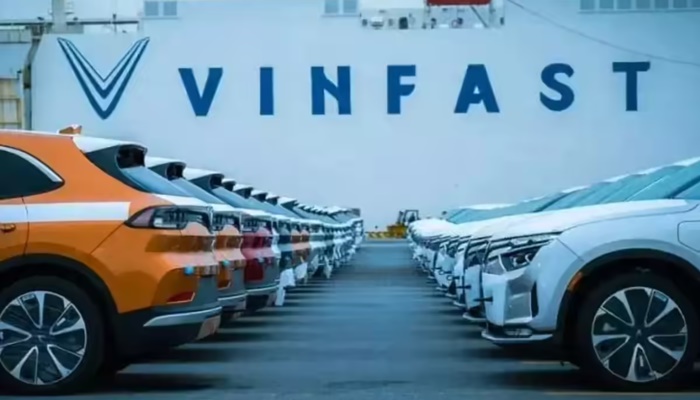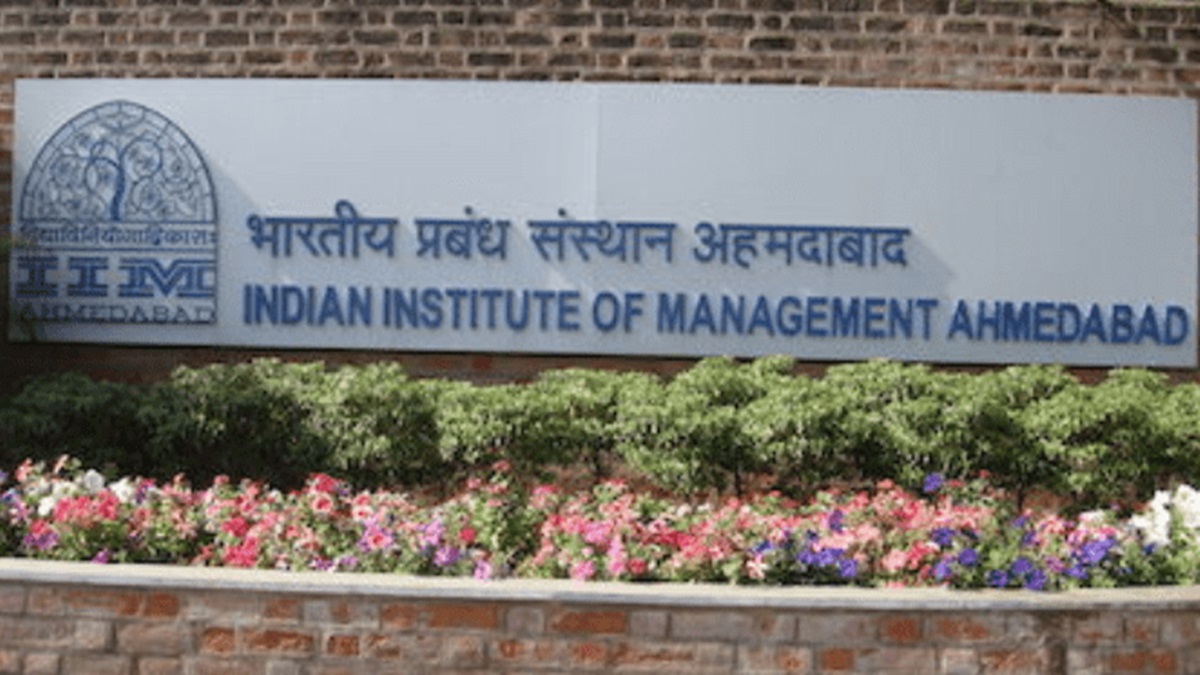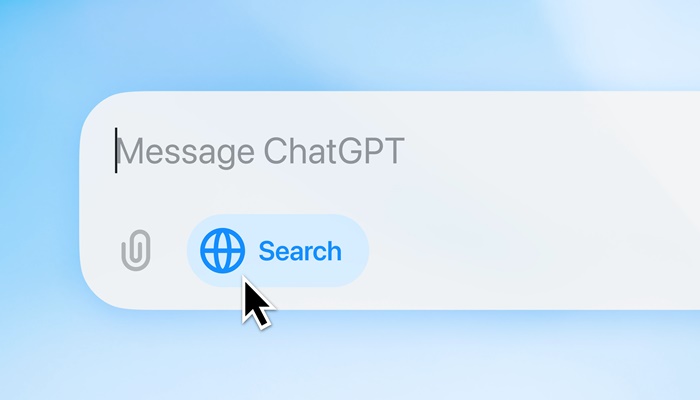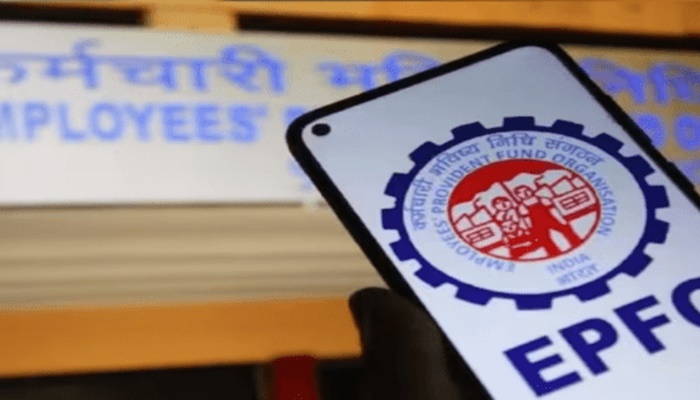As India’s Global Capability Centres (GCCs) continue their remarkable expansion, the annual campus placement season has transformed into a strategic forge for future talent. Leading GCCs are no longer just scouting for fresh graduates; they’re actively collaborating with academia to cultivate a new breed of “builders” and problem-solvers, equipping them with the cutting-edge skills and adaptability essential for an increasingly AI-driven world.
This pivotal shift highlights a shared commitment among industry leaders to bridge the gap between academic theory and real-world corporate demands.
The message from top talent acquisition leaders is loud and clear: while academic achievements still hold foundational value, they are no longer the sole, or even primary, determinant for hiring. Instead, GCCs are intensely focused on a candidate’s practical abilities, adaptability, and inherent drive to learn.
“We don’t just look for graduates; we look for builders. We value curiosity, learning agility, and the ability to think beyond code,” states Anitha Sarathy, India Head of People and Culture at Encora Inc. Encora, which recently onboarded nearly 200 freshers, emphasises that new hires are expected to “embrace change, think critically, and collaborate effectively in distributed teams.”
This sentiment is strongly echoed by Narane Gundabathula, Executive Manager, Talent Acquisition at Hexagon R&D India. “Skill-based hiring has definitively taken precedence,” he asserts. “At Hexagon R&D India, the key pillars for our hiring are technical capability, adaptability, ownership mindset and strong ethical belief system. We also look for a passion for continuous learning—an essential trait in fast-evolving tech domains like simulation, autonomous systems, and AI-driven analytics, where we are deeply invested.”
Even at MassMutual India, while academic scores are considered for consistency, Rachna Taranath, Interim HR Head, confirms that “final decisions are made based on these, along with how well students perform in the short assignments given as part of the evaluation process,” signifying a blend of academic background with demonstrable capability.
Academic scores are good, but practical knowledge is very important in the corporate world, believes Yadhu Kishore Nandikolla, Human Resource Senior Director at Evernorth Health Services India. “We expect campus hires to have an open mind to learning, not just technology, but build strong foundations on domain knowledge. Equally important are behavioural skills – innovation mindset, application/real-life thinking, challenging the status quo, problem solving,” he said.
The Collaborative Classroom
Recognising the need for graduates to hit the ground running, GCCs are stepping directly into the academic ecosystem, forging partnerships that redefine traditional learning. The goal is to imbue students with the practical and domain-specific knowledge often missing from the conventional curriculum.
Hexagon R&D India actively collaborates with premier institutions like IITs, NITs, and regional South Indian colleges. Their initiatives include “sponsored labs, curriculum co-design, joint research, and participation in industry events.” These collaborations are vital in “preparing students with hands-on exposure to real-world technologies and engineering platforms,” said Gundabathula.
Encora is similarly committed, planning to “strengthen the collaboration even further by organising practitioner-led workshops and sessions across the colleges we hire from. These programs, according to Sarathy, are co-designed with their delivery and technology teams, ensuring alignment with what the industry actually needs.”
Evernorth Health Services India directly addresses the gap in practical application. Nandikolla highlights their partnership with Vardhaman College of Engineering, where an innovation lab provides students with “real-life case studies and problem statements.” Here, students work in groups with organisational mentors, gaining “technical expertise and developing solutions,” preparing them for the corporate environment.
The Talent War
The tech industry in India, particularly within GCCs, is locked in an intense “war for talent.” As companies vie for the brightest minds, it’s clear that traditional incentives alone are no longer enough. Today’s top tech professionals are seeking more than just a job; they’re looking for purpose, growth, and the chance to make a real impact.
One of the strongest draws for tech talent is the opportunity to work on challenging, high-impact projects that leverage cutting-edge technologies. Gundabathula of Hexagon R&D India emphasises their focus on “purposeful work, a strong engineering culture, and opportunities for growth across global projects.” Their engineers tackle solutions in areas like sustainability, digital twins, and autonomous technologies, appealing to those who want to build “real-world, high-impact software.”
“Encora offers “early ownership, exposure to cutting-edge projects across industries, and a deeply collaborative culture,” including an “AI-first engineering environment,” suggests Sarathy as she agrees that “top talent is looking for more than just a job, they’re looking for purpose, growth, and impact.
However, not all talent leaders believe that providing a challenging project alone can help retain the relevant talent in the age of intense talent competition.
Beyond exciting projects, a supportive and growth-oriented culture is paramount. Taranath of MassMutual India highlights that while working with the latest technologies is appealing, “it is ultimately the work culture that matters most. The environment should stimulate thinking and foster innovation.” MassMutual India, according to her, offers tailored learning and development programs covering technical, leadership, and soft skills to enhance individual capabilities and career growth.
While attracting external talent is crucial, many organisations are also focusing on nurturing their existing workforce. Nandikolla of Evernorth Health Services India acknowledges the “immense war for relevant tech talent.” While the company initially “hire talent from the market during the foundational phase,” their “long-term strategy is to build and grow talent from within, through career progression, skills-based learning and job rotation opportunities.” For Evernorth, campus hires and interns are key pillars of this long-term strategy, demonstrating a commitment to developing future leaders from the ground up.
It becomes clear that while India boasts a vast and digitally fluent talent pool, companies are increasingly shifting their focus to deep tech areas like cloud-native development, AI/ML, cybersecurity, and data engineering, alongside crucial soft skills such as adaptability, problem-solving, and communication.
Organisations like Hexagon R&D India, Encora Inc., Evernorth Health Services India, and MassMutual India are actively collaborating with academic institutions to bridge the gap between academia and industry. As they embark on their long-term growth journey in India, forging these partnerships ensures graduates gain practical and hands-on experience. This proactive engagement not only equips fresh talent with job-ready skills but also allows companies to identify and nurture future innovators, making campus hiring a cornerstone of their long-term talent strategy.


